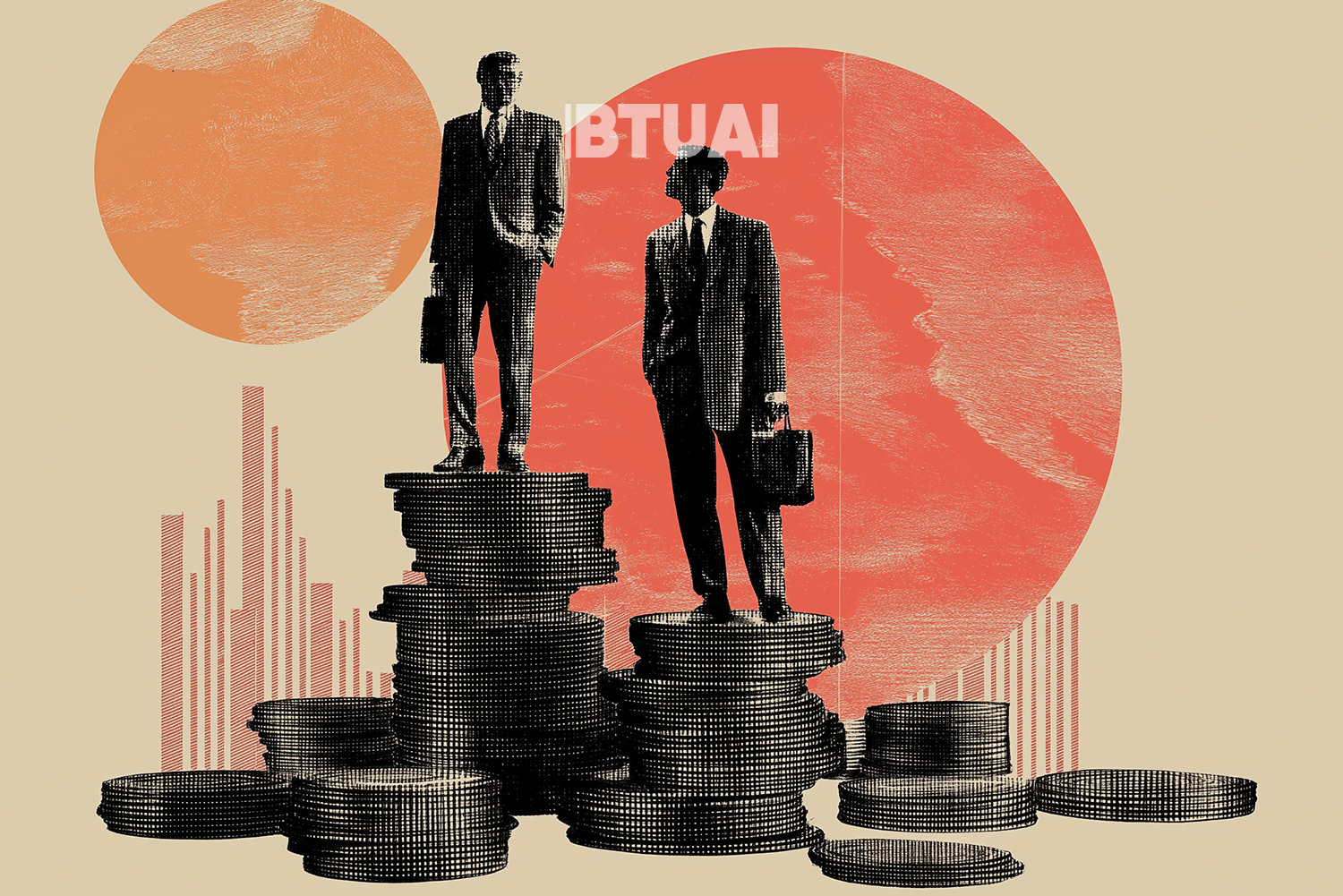Salary Boom in Georgia’s Financial Sector
Data from the first quarter of 2025 reveals key trends in Georgia’s labor market: the average monthly nominal salary

Data from the first quarter of 2025 reveals key trends in Georgia’s labor market: the average monthly nominal salary reached 2,170 GEL, marking an 11.7% increase compared to the same period last year. Particularly impressive is the growth rate in the financial and insurance sector, where the average salary has surged to 5,515 GEL — an annual increase of 22%. This makes the sector the absolute leader in terms of salaries across both the national economy and individual regions.
In the information and communication sector, the average salary stands at 4,163 GEL; in construction — 2,909 GEL; and in professional, scientific, and technical activities — 3,403 GEL. These figures not only highlight the dynamics of high-performing sectors but also expose sharp income differences among various social groups.
Tbilisi continues to dominate in terms of wage levels — salaries in the capital significantly exceed those in other regions. This is largely due to urban labor migration, better access to education, and the concentration of business activity. However, such regional pay disparities remain a pressing social challenge.
Gender inequality is also evident: women earn an average of 1,744 GEL, while men earn 2,601 GEL. Although women’s wages are increasing at a slightly faster rate than men’s (13.3% vs. 11.0%), men still earn more across all sectors — a systemic issue that calls for continuous policy attention.
In the business sector, the average monthly salary is approaching 2,170 GEL, with information and communication (4,255 GEL) and professional, scientific, and technical activities (3,403 GEL) leading the way. These industries demand highly qualified talent, which remains a key driver of higher wages.
In the non-profit and financial sectors, the average salary is 2,171 GEL — with the financial and insurance activities again standing out as the top-paying fields.
Overall, the first-quarter snapshot of 2025 confirms that Georgia’s labor market continues to grow gradually. However, this growth is accompanied by persistent challenges, including social, gender, and regional inequalities. For sustainable economic development, it is crucial not only to maintain overall wage growth but also to ensure economic and social balance — so that salary increases translate into broader societal well-being.




